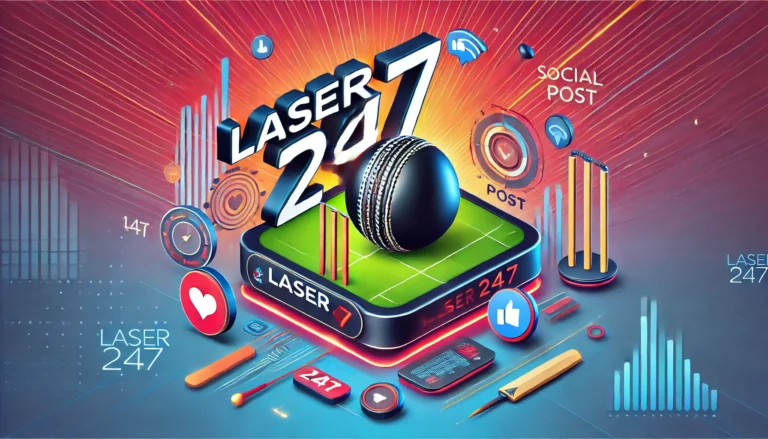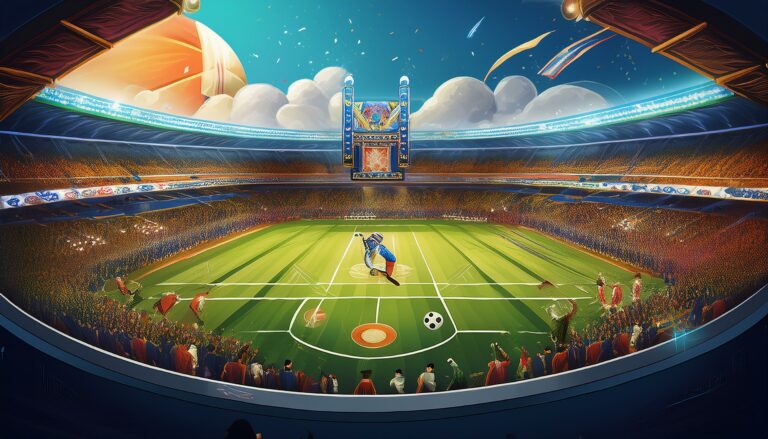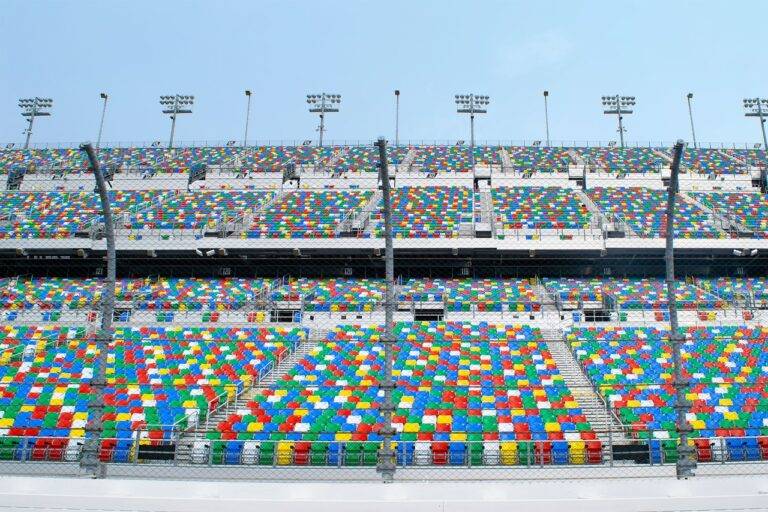Exploring the Cultural Exchange Between International Players in IPL Teams
Allpaanel, All Panel.com: The Indian Premier League (IPL) is a professional Twenty20 cricket league in India. The inception of the IPL can be traced back to 2008 when the Board of Control for Cricket in India (BCCI) founded the league. Eight teams participated in the inaugural season: Chennai Super Kings, Delhi Daredevils, Kings XI Punjab, Kolkata Knight Riders, Mumbai Indians, Rajasthan Royals, Royal Challengers Bangalore, and Deccan Chargers. These franchises were a mix of city-based and state-based teams, each representing a different region of India.
Over the years, the IPL has grown in popularity and expanded its team count. New franchises have been added to the league, including teams like Sunrisers Hyderabad, Gujarat Lions, Rising Pune Supergiant, and most recently, Rajasthan Royals and Chennai Super Kings making a comeback. The team ownership structure in the IPL is unique, with a combination of business conglomerates, celebrities, and cricketing legends investing in the teams. The various team owners bring their own flair and style to the league, making the IPL a vibrant and diverse sporting spectacle.
• The IPL was founded in 2008 by the BCCI
• Inaugural season featured eight teams representing different regions of India
• New franchises have been added over the years, increasing team count
• Team ownership structure is a mix of business conglomerates, celebrities, and cricketing legends
Cultural Diversity in IPL Squads
In the Indian Premier League (IPL), teams are a vibrant mix of players from various countries around the world. With the global reach of the league, it is common to see squads comprised of cricketers from different cultural backgrounds. This diversity adds an interesting dynamic to the teams and contributes to the rich tapestry of the IPL.
Players coming together from different cultures have the opportunity to learn from one another, both on and off the field. This exchange of ideas, perspectives, and experiences can help foster a sense of unity within the team, despite the language and cultural barriers that may exist. The IPL serves as a platform where players can celebrate their differences and come together in pursuit of a common goal – to perform at their best and win matches for their team.
Language Barriers Among International Players
Language barriers among international players in the Indian Premier League (IPL) can often pose challenges both on and off the field. With players hailing from diverse linguistic backgrounds, effective communication becomes essential for team coordination and strategy implementation. Misunderstandings in crucial moments could result from the inability to convey instructions clearly, potentially impacting the team’s performance.
Away from the match environment, social interactions among players from different countries may also be affected by language barriers. Simple conversations or team bonding activities could become challenging when players struggle to understand each other due to linguistic differences. This could potentially hinder the development of strong team camaraderie and unity, which are vital components for a successful IPL campaign.
What is the origin of IPL teams?
The IPL teams are franchise teams representing different cities in India. They were formed when the Indian Premier League was established in 2008.
How diverse are the IPL squads in terms of culture?
The IPL squads are highly culturally diverse, with players from different countries coming together to play for a single team.
How do language barriers impact international players in the IPL?
Language barriers can be a challenge for international players in the IPL, as they may struggle to communicate with their teammates and coaches effectively. This can sometimes lead to misunderstandings and affect team performance.







